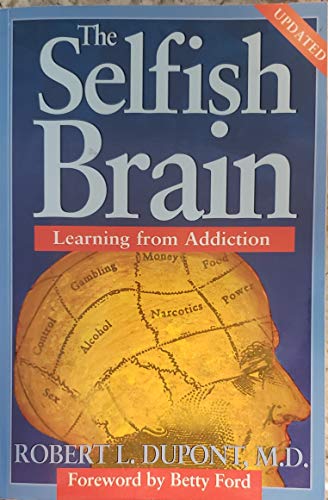Why is the brain so vulnerable to the effects of alcohol and other drugs? How does addiction echo through families, cultures, and history? What is it that families and communities do to promote or prevent addiction?
These are some of the questions that this thorough, thoughtful, and well-reasoned book answers--in clear, comprehensible terms. From the basics of brain chemistry to the workings of particular drugs such as alcohol, tobacco, marijuana, cocaine, and heroin, The Selfish Brain explains how individuals and communities become trapped in destructive habits--and how various treatments and approaches lead to recovery and whole, healthy lives.
In this country, drug addiction and alcoholism have reached crisis proportions. The grim statistics illuminate the size of this crisis. More than 30 million Americans alive today will become addicted. The use of alcohol, tobacco, and illicit drugs causes one out of every four deaths in the United States. Illegal drug use now costs the nation $67 billion a year.
The Selfish Brain: Learning From Addiction takes a comprehensive, no-holds-barred look at the easy path to drug addiction and the tough road to recovery. Written in an easy-to-understand style, this book can help people confront addiction in their own lives and in their families by exploring the biological roots of addiction and the way addicts are allowed to deny their addiction by compassionate, well-meaning people. Based on his experience as a specialist on addiction and as a policymaker, former drug czar Robert L. DuPont, M.D., advocates "tough-love" measures to strip away the denial that allows addicts to remain trapped in their destructive habit and place them on the road to recovery. He examines treatment options, especially 12-step programs, which he believes are the most effective path to recovery. Powerful and often controversial, The Selfish Brain provides an honest examination of an insidious, destructive disease.

